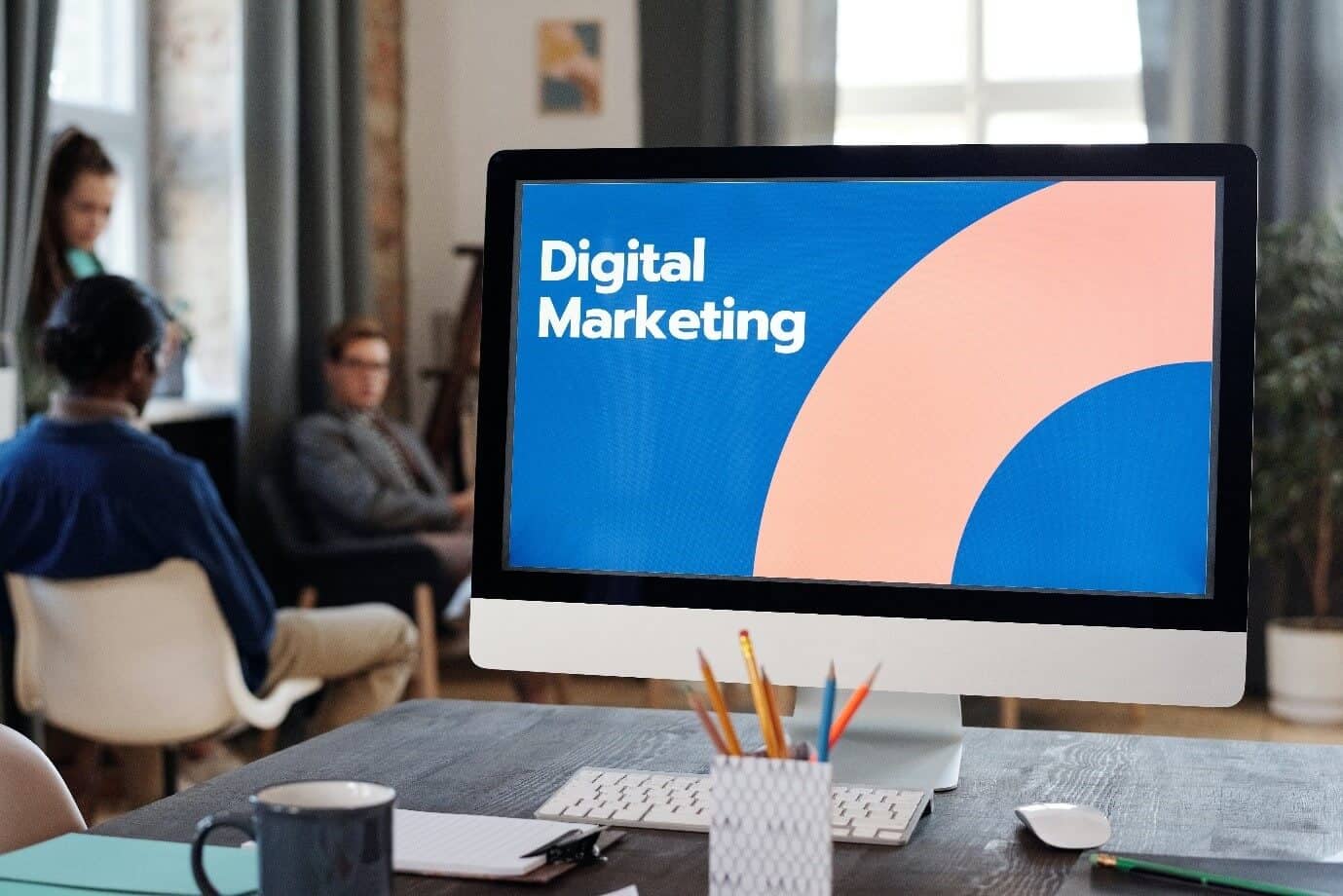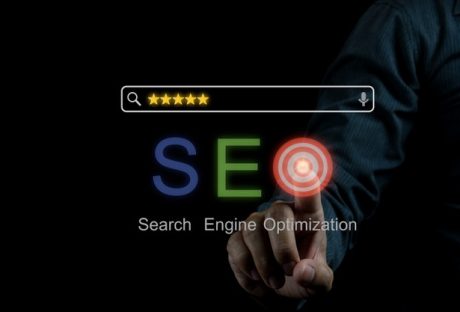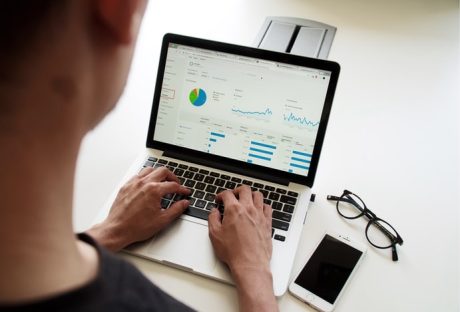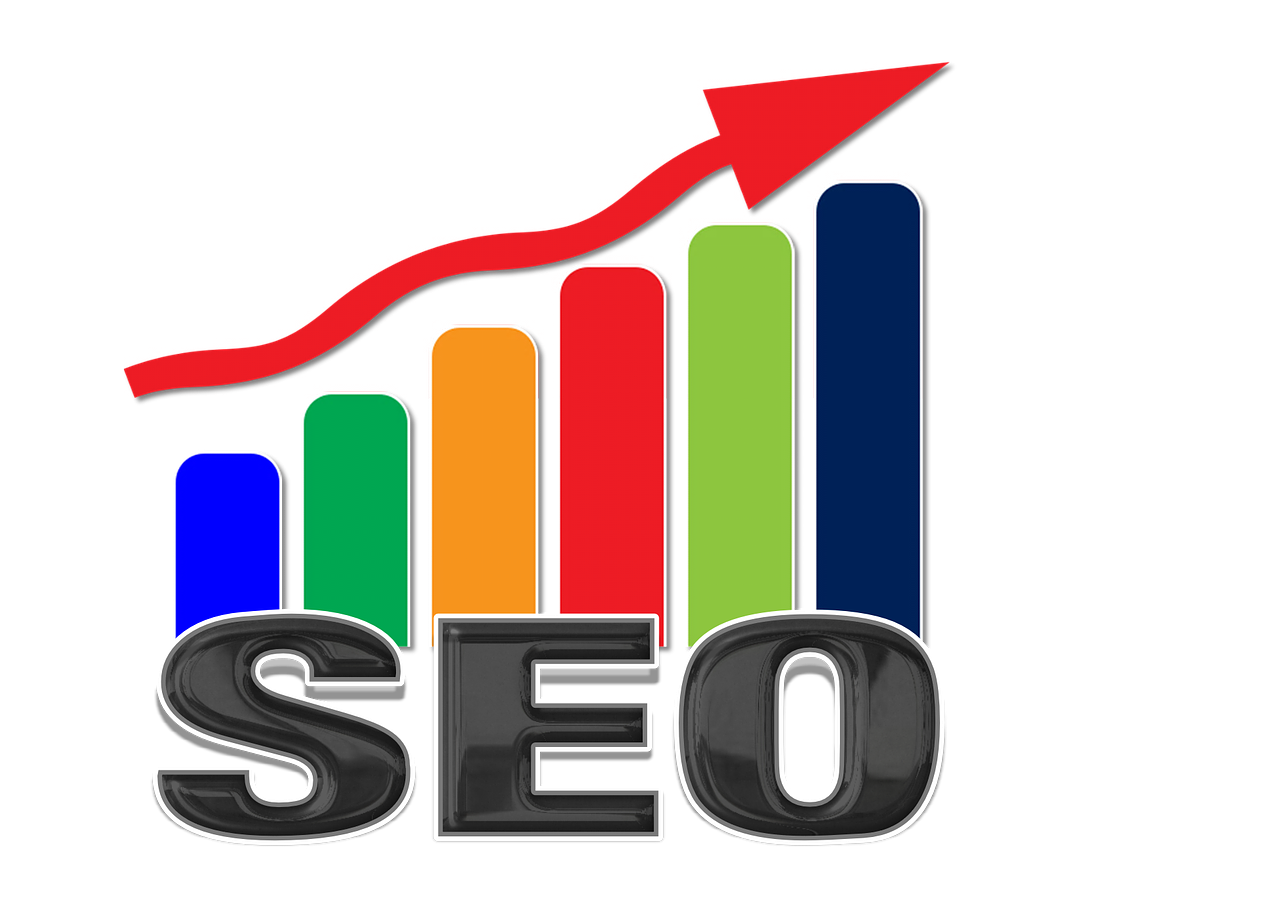While we would love to give you a price list for local SEO services, it would be an impossible task, mainly due to the many variables that digital marketing involves, yet we can give you information about what local SEO consists of.
Tailored Solution:

SEO services are tailored to suit the client’s business and much like quoting for a kitchen renovation, the price depends on the scope of the project, which would be unique.
The cost of an SEO campaign would depend on two things – the amount of work involved and the desired outcomes.
While any reputable SEO agency would not be able to tell the customer the exact cost of their services in advance, they would be able to give you a ball-park figure.
When a business owner is looking for local SEO services in Australia or in their country, it is important to use an SEO agency that is proven in the field and has extensive experience working with localized businesses.
Factors That Determine The Cost Of Local SEO
There are a lot of variables with digital marketing, which include the following:
- The number of products or services offered.
- The number of retail outlets involved.
- The level of competition within the industry.
- The current state of the company’s online profile.
When a potential client makes contact with an SEO agency, the provider will carry out a professional digital audit to determine all of the above and some more.
Cost Estimates:
We totally understand that anyone reading this will want to have some numbers to consider, so we can broadly say that a local SEO campaign could range from $750-$5,000 per month, depending on the intensity of the campaign.
That’s the great thing about SEO, the client can decide on a budget and the agency will work to that, which is how most customers first get onboard. Once you see the outcome, you will wish to continue with the investment, that’s how SEO works; it is a performance-based industry.
Localization:
If, for example, a plumbing business covers a 50-mile radius, this would cost less than a company that offers its services across the state, as the SEO team would have to work on multiple zones to achieve the desired outcome.
At the upper end of the price scale would be a national company with a few hundred depots scattered across Australia, which would have many different websites that need to be optimized.
Local Keywords:
If your business is located in a Sydney suburb, for example, the suburb name and company location would figure highly when potential customers search for a service using Google, and the SEO team focuses on attracting local consumers.
A lot of keyword research is necessary for good search engine optimization, after all, you need to know the terms being used by the consumer if you want to boost your rankings. For a beginner’s guide to SEO, the internet has a wealth of resources you will find useful.
Return On Investment:
When talking about digital marketing, it is all about ROI – the return you get from the cost of the campaign – and when you deal with the best SEO agency, you can be sure of a healthy return.
All it takes to hook up with a leading Sydney SEO agency is a Google search and let the professionals turn your business around.






















